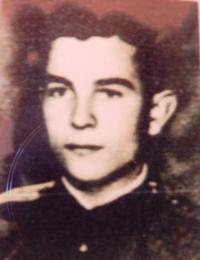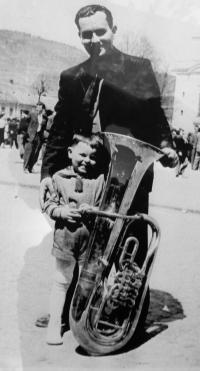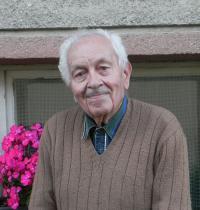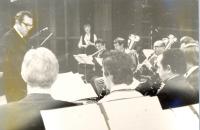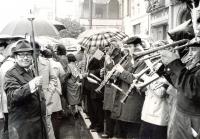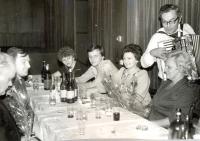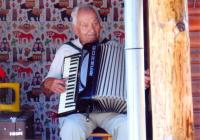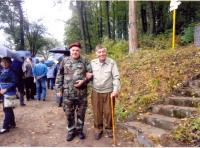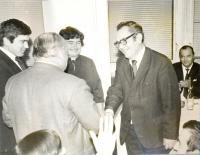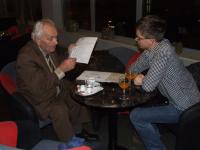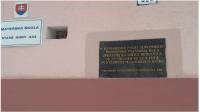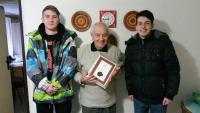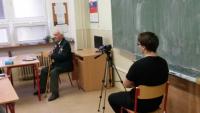Never look back, just ahead

Stáhnout obrázek
Vladimír Strmeň was born on August 26, 1928 in a mining settlement near the village Staré Hory. His father worked in Harmanec paper mill; however, as a consequence of severe chill he suffered from meningitis and died when Vladimír was only three and a half years old. Mother Františka wasn‘t able to financially take care of her son, and so she gave him to an institute ran by Vincentian sisters in Radvaň. Vladimír spent 7 years in this orphanage and when he was 14, he enrolled at the Military School, in Banská Bystrica to become a part of the army band. After the outbreak of the Slovak National Uprising, he had to interrupt his study and he joined the partisans shortly after. He fought in the vicinity of his native village, nor far from the settlements of Staré Hory and happened to be severely wounded. After passing to the partisan way of combat, he moved with the front through the ridge of Low Tatras to Vernár, where he joined the army of General Ludvík Svoboda. After the war he got employed in Podbrezová Ironworks, married Mária, née Borovicová, and together they had two children. In his job he significantly contributed to restoring of the company orchestra. In 1970 due to the family reasons he moved to Banská Bystrica and worked in Tesla, latter Computer Technology Company, where he founded and led a successful company music band. After his retirement in 1988 he still lives active life of a musician as well as he leads various talks and discussions about his participation in the Slovak National Uprising.
